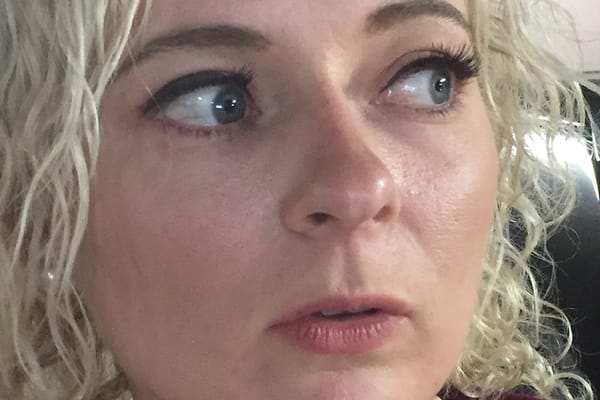Nagpur: The Maharashtra government is planning to start a new drug for the treatment of multi-drug resistant (MDR) and the extremely drug resistant (XDR) tuberculosis (TB) in Thane and Vidarbha regions from January and across the state from March next year.
This new drug, Bedaquline (BDQ), has been found to give much better results in the MDR and XDR TB in the form of cure rate in the phase II trials in 2015. The US FDA hastened starting it in India without phase III trials under the 'compassionate use programme' (CUP).
Dr Sunil Kaparde, the deputy director general of TB programme of the central government, said that the drug is being used in six sites in the country to establish the safety profile due to concerns on drug's cardiotoxicity which, if not monitored adequately, may prove to be fatal, in addition to the other side effects of the drug. The six sites include NITRD and Rajan Babu T B Hospital in New Delhi, B J Medical College in Ahmedabad, GHTM Tambaram in Chennai, Guwahati Medical College and GTB Sewree in Mumbai.
"Accordingly, the programme has taken a cautious and systematic approach to first check the safety profile of the drug in a few centres. In Maharashtra, it was only tested in KEM Hospital in Mumbai," he said.
Dr Khaparde said that for patients who are out of the geographical area covered by these sites, the drug is also available to the individual patients under CUP with pre-approval of Drugs Controller General of India (DCGI) upon request from the treating physician who submits patient details fulfilling the US FDA criteria for accessing the drug.
Dr Sanjiv Kamble, joint director of health services (TB and Leprosy) of state public health department, told TOI that otherwise also the cure rate of MDR and XDR TB is about 40%. But with this new drug the cure rate is expected to rise to at least 60%. In all, 951 patients have been treated across India and 159 in Maharashtra under the conditional access programme (CAP).
BDQ is a drug which is to be given for first six months only in the 24-month long regime. The drug to be given 400 mg daily once a day for first two weeks. Then it is given in 300 gm dose three times a week for six months. The other drugs which are otherwise form the MDR and XDR regime are Ethionamide, ethambutol, pyrazinamide, cycloserine, Kanamycin or Levofloxicin.
"Under the new policy these drugs can be given by a family member as a supervisor, a health workers or a community health volunteer. It is no longer the door-to-door administering of the drug by health workers," said Dr Kamble.




